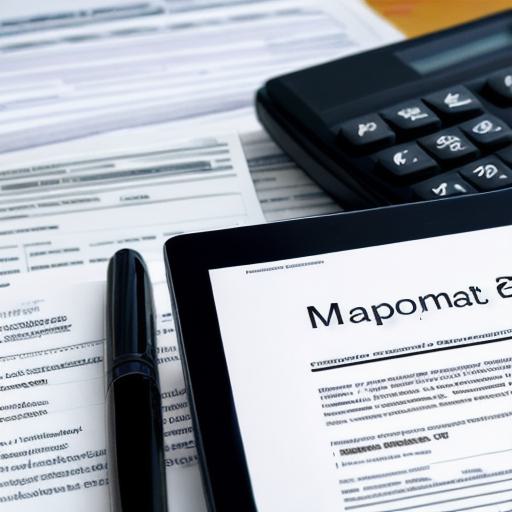When conducting a thorough analysis of a business during a merger or acquisition, due diligence is an essential process to ensure a successful transaction. Creating an organized and comprehensive data room can significantly streamline this process. In this text, we will discuss what should be included in a data room when preparing for due diligence.
1. Financial Statements
Financial statements are the foundation of any due diligence exercise. Provide audited financial statements for the past three to five years, along with interim financial reports if available. These statements should include balance sheets, income statements, and cash flow statements.
2. Legal Documents
A data room for due diligence should also contain all legal documents that are essential to understanding the business’s structure, ownership, and operations. Include articles of incorporation, bylaws, shareholder agreements, contracts, licenses, permits, and any other relevant agreements or registrations.

3. Intellectual Property

Intellectual property assets play a crucial role in the value of many businesses. Provide documentation related to trademarks, patents, copyrights, and trade secrets. Include registration documents, licensing agreements, and any related correspondence or legal opinions.
4. Human Resources
Human resources information is vital during due diligence as it can impact the valuation of a company and its ongoing operations. Provide organizational charts, employee handbooks, collective bargaining agreements, wage and benefit information, and pension and retirement plans.
5. IT Infrastructure and Systems
The IT infrastructure and systems are increasingly becoming a focus during due diligence. Provide details on hardware, software, networking, and data centers. Include licensing agreements, maintenance contracts, disaster recovery plans, and any other relevant documentation related to the IT environment.
6. Real Property and Facilities
Real property and facilities information can impact the value of a business and its ongoing operations. Provide copies of leases, purchase or sale agreements, property tax records, appraisals, and insurance policies for real estate and facilities.
7. Customer Information
Customer information is crucial during due diligence to assess the financial performance and growth potential of a business. Include contracts, customer lists, sales reports, and any other relevant documentation related to customer relationships. Ensure that customer data is anonymized to protect confidentiality.
8. Compliance and Regulatory Information
Compliance with applicable laws and regulations is essential for the ongoing operations of a business. Provide information on licenses, permits, regulatory approvals, and any ongoing litigation or investigations.
9. Risk Management and Insurance
Risk management and insurance information is vital during due diligence to assess the potential risks and liabilities associated with a business. Include insurance policies, risk assessment reports, safety protocols, and any other relevant documentation related to risk management.
In conclusion, creating an organized and comprehensive data room can significantly streamline the due diligence process. By providing easy access to financial statements, legal documents, intellectual property, human resources information, IT infrastructure and systems, real property and facilities, customer information, compliance and regulatory information, and risk management and insurance documentation, you will be well-prepared for a successful transaction.
